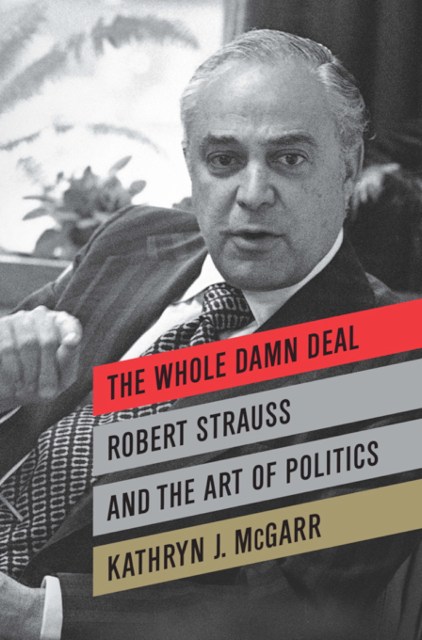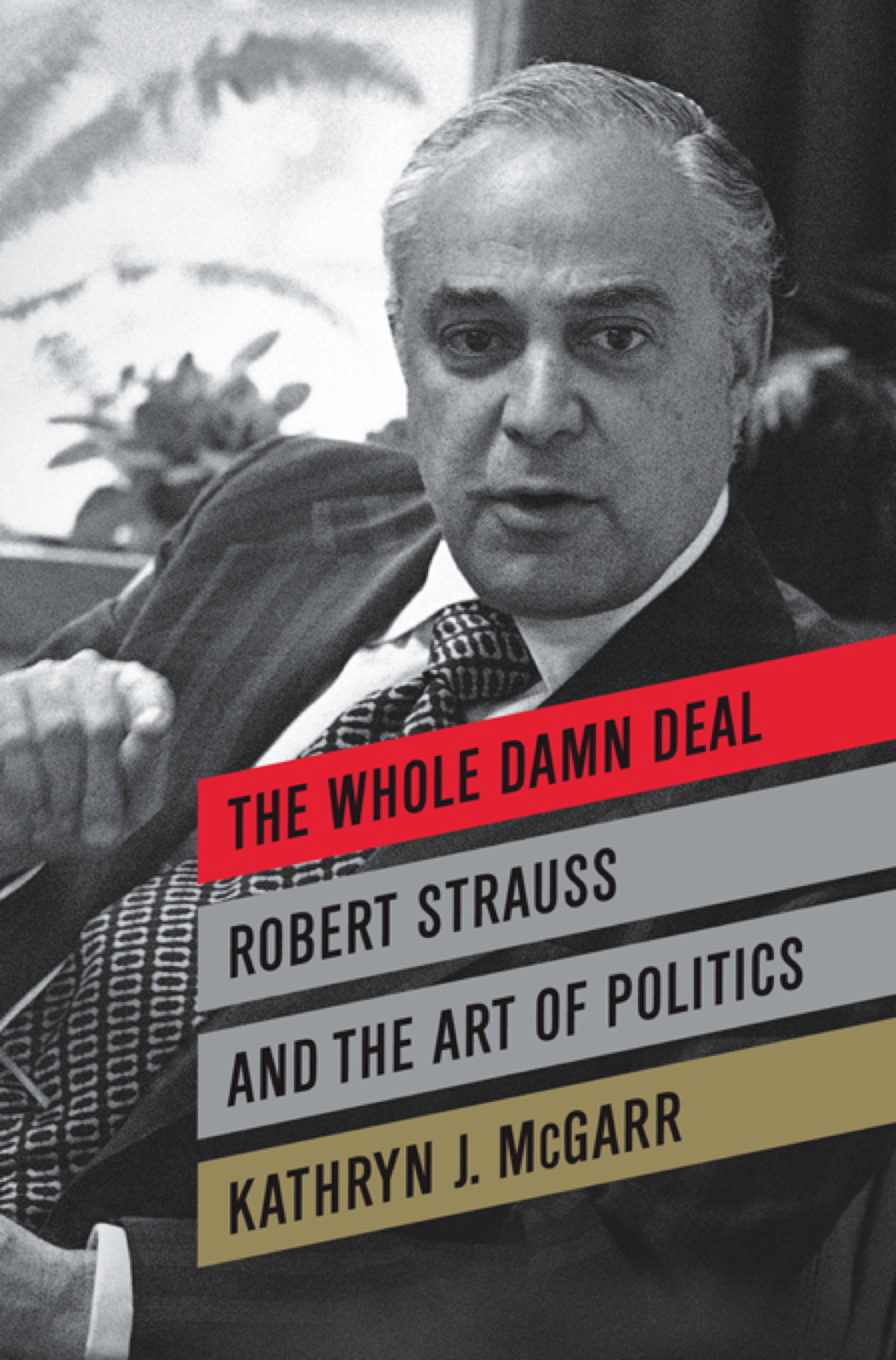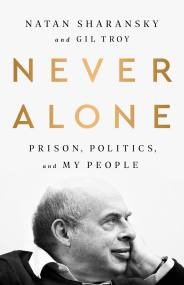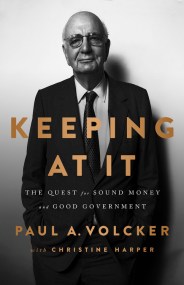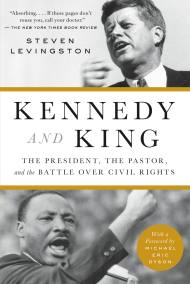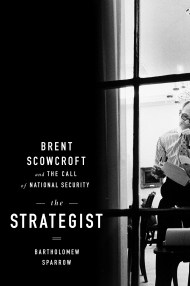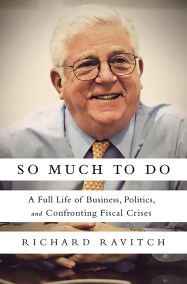By clicking “Accept,” you agree to the use of cookies and similar technologies on your device as set forth in our Cookie Policy and our Privacy Policy. Please note that certain cookies are essential for this website to function properly and do not require user consent to be deployed.
The Whole Damn Deal
Robert Strauss and the Art of Politics
Contributors
Formats and Prices
- On Sale
- Oct 11, 2011
- Page Count
- 480 pages
- Publisher
- PublicAffairs
- ISBN-13
- 9781586488789
Price
$20.99Price
$26.99 CADFormat
Format:
- ebook $20.99 $26.99 CAD
- Hardcover $43.00 $54.00 CAD
This item is a preorder. Your payment method will be charged immediately, and the product is expected to ship on or around October 11, 2011. This date is subject to change due to shipping delays beyond our control.
Buy from Other Retailers:
But it isn’t the positions Strauss held that make his story fascinating; it is what he represented about the culture of Washington in his day. He was a master of the art of knowing everyone who mattered and getting things done. Based on exclusive access to Strauss, The Whole Damn Deal brings to life a vanished epoch of working behind the scenes, political deal making, and successful bipartisanship in Washington.
Newsletter Signup
By clicking ‘Sign Up,’ I acknowledge that I have read and agree to Hachette Book Group’s Privacy Policy and Terms of Use
